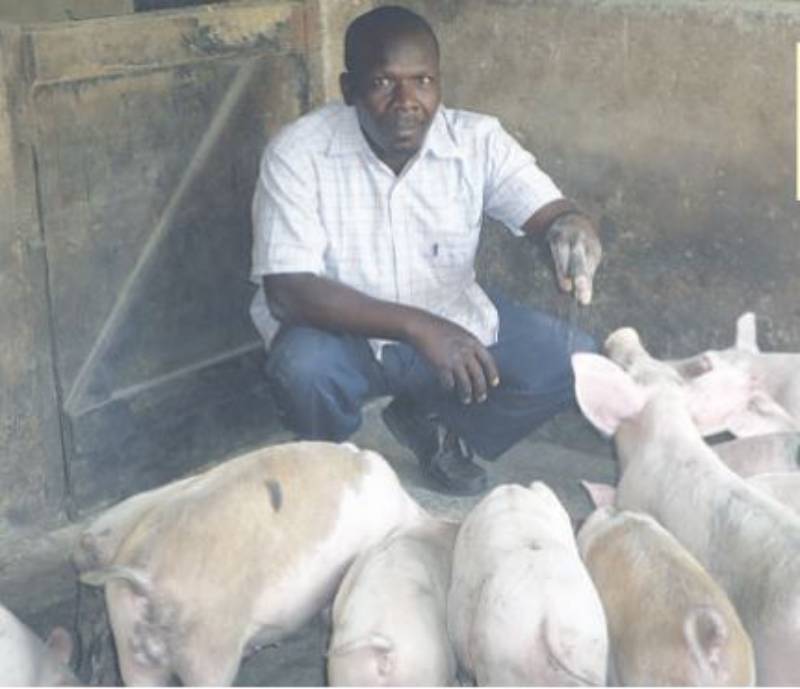×
The Standard e-Paper
Smart Minds Choose Us

On the outskirts of the bustling Kakamega town, about 25km away, sits Samuel Sumba’s three-acre farm, just opposite Ingotse High School. Benard Nyaramba, who is the farm manager, and ushers us into the farm. A few minutes later, we arrive at a structure that is made of concrete and iron sheets.